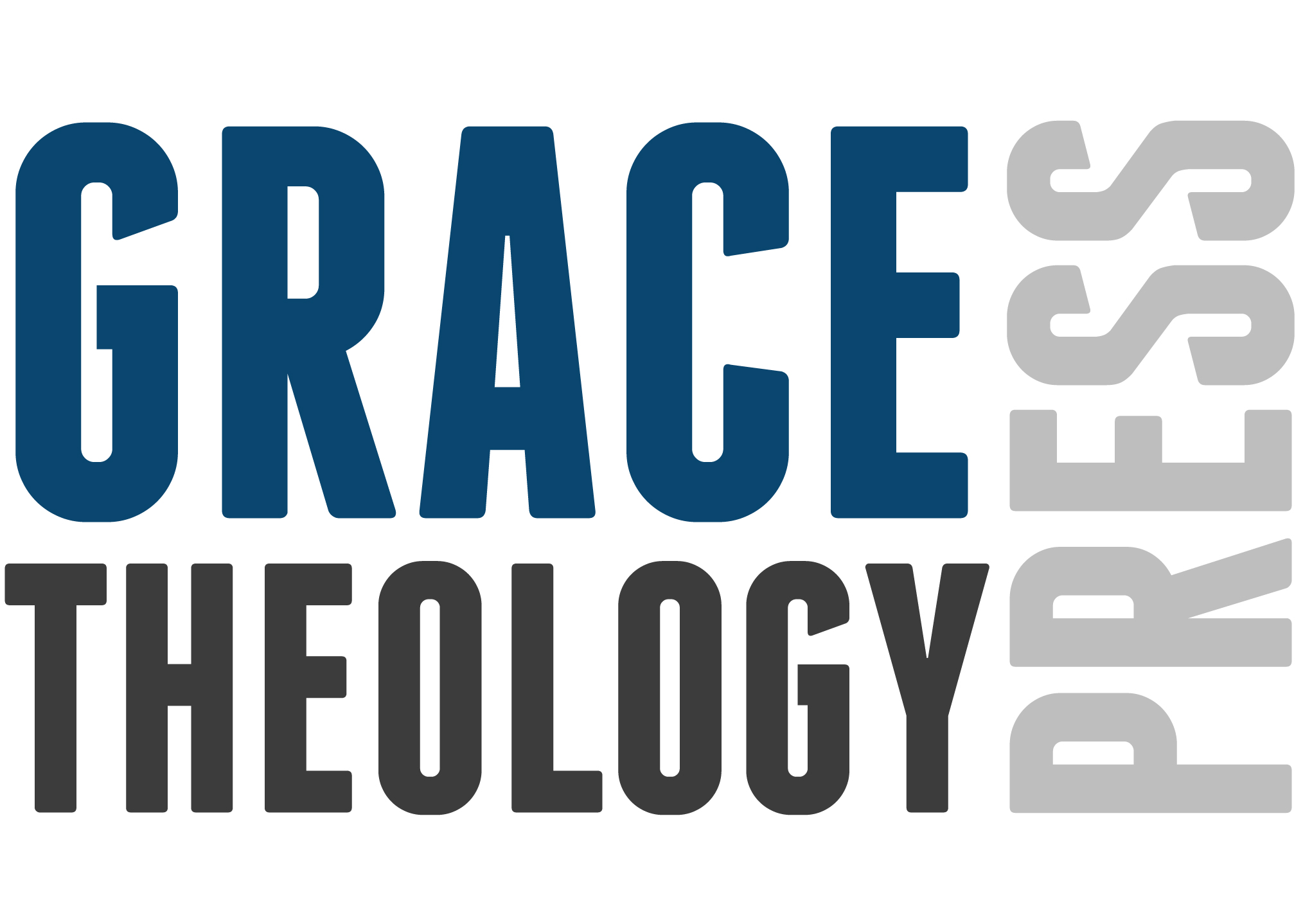Easter week is past. For many, it is a high and holy day in that we remember the death and resurrection of the Lord Jesus. It is also a good opportunity to invite friends and neighbors to church to hear the gospel presented. Of course there are others that do not pay special attention to the day, observing that every day is a good day to remember Easter and the power of the resurrection as well as share the gospel. In either case, encased within Easter is a powerful and essential theological truth. It is called the Sacrificial and Substitutionary Atonement.
John Stott captured its profundity when he said, “The concept of substitution may be said to lay at the heart of both sin and salvation. For the essence of sin is man substituting himself for God, while the essence of salvation is God substituting himself for man. Man asserts himself against God and puts himself where only God deserves to be: God sacrifices himself for man and puts himself where only man deserves to be. Man claims prerogatives which belong to God alone: God accepts penalties which belong to man alone.” The Cross of Christ, p. 160
As the apostle Paul declares: “For there is one God, and one mediator also between God and men, the man Christ Jesus, who gave Himself as a ransom for all, a testimony borne at the proper time.” (1 Tim. 2:5-6)
And again…
“He made Him who knew no sin to be sin on our behalf, that we might become the righteousness of God in Him.” (2 Cor. 5:21)
The fact is as Gustaf Aulen described the atonement: “Christus Victor – Christ is victorious. (1 John 3:8, Heb. 2:14ff, Co. 2:17, Mark 3:27) Jesus won a victory and it was a vicarious victory for us. We call it propitiation. (Rom. 3:20-25) But the manner of victory was through personal defeat manifested by ‘Good Friday.’ The picture is encased in the theology of the lamb that was slain before the foundation of the world. (John 1:29) Our lamb has conquered. (Rev 5:12) He is risen. (Rom. 1:4) Let us follow him. (Rev 12:10-11)”
“He who was infinite
suffered finitely so that
we who are finite might
not suffer infinitely.”
Marty Cauley
What good news!
Serving Him with you until He comes for us,
Fred Chay, PhD
Managing Editor, Grace Theology Press














